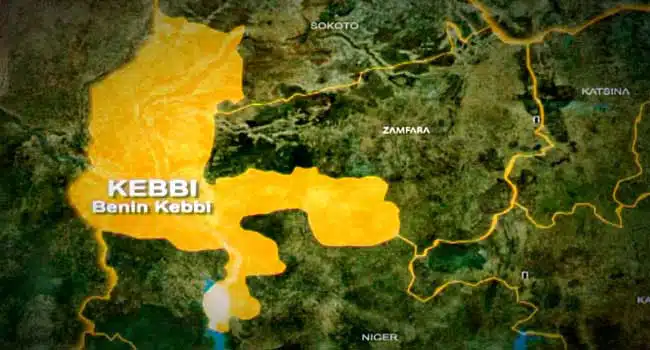By: Joy Musa
In a move that has sparked nationwide outrage, Kebbi State Governor Nasir Idris has ordered the arrest of journalist Hassan Mai-Waya Kangiwa, following the release of a viral video exposing deplorable conditions at the Kangiwa General Hospital.
The footage, which circulated widely on social media, showed an elderly patient lying on a bare metal bed frame without a mattress an image that ignited public condemnation and renewed scrutiny of Kebbi’s healthcare infrastructure.
Rather than addressing the systemic neglect highlighted in the video, the state government responded by detaining Kangiwa late Sunday night. Eyewitnesses report that security operatives stormed his residence in Kangiwa town, confiscating his phones and work equipment while his family watched helplessly.
Civil society groups, opposition figures, and media watchdogs have condemned the arrest as a blatant attack on press freedom. The People Democratic Party National Youth Leader Aspirant Daure David described the detention as “an assault on accountability and transparency,” demanding Kangiwa’s immediate release.
Pro-democracy group PDP Northern Minorities Consultative Forum also weighed in, calling the arrest “sheer tyranny.” Jessy Mallums Spokesman accused Governor Idris of suppressing free speech, stating, “A fake comrade who detains journalists for exposing government failures should not be tolerated”.
The hashtag #FreeHassanKangiwaNow has since trended across platforms, with Nigerians reposting the video and demanding justice. As of press time, the Kebbi State Government and police authorities have yet to issue an official statement or disclose the charges against Kangiwa.
Rights advocates like Amnesty International And Human Rights Watch warn that the arrest sends a chilling message to journalists nationwide and undermines citizens’ right to know. Media Rights Agenda (MRA) called on international human rights bodies to monitor the situation closely and hold the government accountable for violations of press freedom.
This incident raises urgent questions about governance, transparency, and the treatment of whistleblowers in Nigeria’s democratic landscape.







